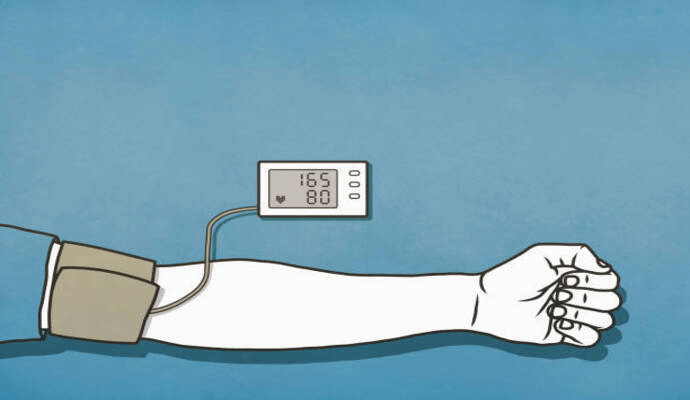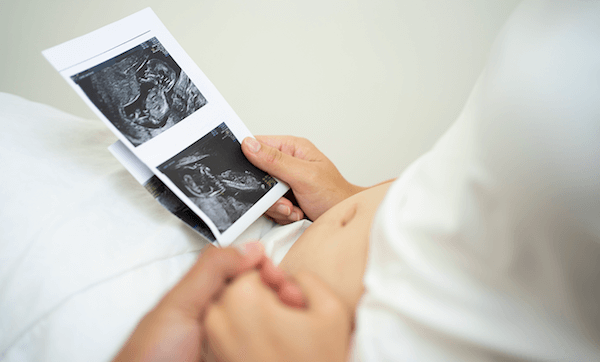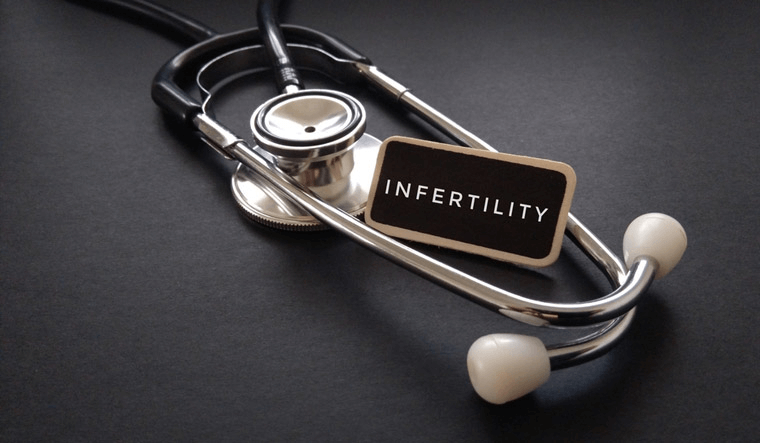Chronic Hypertension in Pregnancy

Hypertension during pregnancy can be categorized into chronic (pre-existing) hypertension and gestational hypertension. Chronic hypertension is diagnosed if high blood pressure is detected before 20 weeks of pregnancy or if the condition existed before pregnancy. Gestational hypertension, on the other hand, develops after 20 weeks of pregnancy and typically resolves after childbirth. While many women with hypertension experience normal pregnancies, there is an increased risk of complications, such as pre-eclampsia.
What is High Blood Pressure in Pregnancy?
Blood pressure measures the force of blood against the walls of arteries. A normal range is essential for proper circulation, but high blood pressure (hypertension) can pose risks, particularly during pregnancy. A typical blood pressure reading consists of two numbers, e.g., 120/80 mmHg. The first number (systolic) measures pressure during heartbeats, while the second (diastolic) measures pressure when the heart rests between beats. In pregnancy, blood pressure is considered high if the systolic reading is 140 or higher, or the diastolic reading is 90 or more.
Types of Hypertension in Pregnancy
1. Chronic Hypertension:
This type is either pre-existing or diagnosed before 20 weeks of pregnancy. It can affect about 1% of pregnant women and may require ongoing management throughout the pregnancy and postpartum period.
2. Gestational Hypertension:
This form develops after 20 weeks of pregnancy and generally resolves after delivery. It requires close monitoring to prevent complications.
Risk Factors for Chronic Hypertension in Pregnancy
Several factors can increase the risk of chronic hypertension during pregnancy, including:
- Advanced maternal age
- Family history of hypertension
- Black African or Black Caribbean descent
- High salt intake
- Lack of physical activity
- Being overweight or obese
- Excessive alcohol consumption
- Smoking
- Chronic stress or anxiety
- Pre-existing medical conditions such as kidney disease, diabetes, obstructive sleep apnea, or thyroid disorders
Also read: Understanding Chronic Hypertension in Pregnancy
Symptoms and Diagnosis
Chronic hypertension often presents without noticeable symptoms, making regular monitoring crucial. Blood pressure readings are taken at every antenatal appointment to detect any abnormalities early. A reading above 140/90 mmHg indicates high blood pressure, with levels above 160/110 mmHg classified as severe hypertension.
Potential Complications
While many women with hypertension have uncomplicated pregnancies, the condition can lead to several risks, including:
- Pre-eclampsia: A serious condition characterized by high blood pressure and signs of organ damage, typically occurring after 20 weeks of pregnancy. It affects up to 25% of women with chronic hypertension.
- Fetal Growth Restriction: High blood pressure can limit the flow of nutrients to the fetus, potentially leading to a smaller than normal baby.
- Gestational Diabetes: This temporary condition can complicate pregnancy and delivery if not managed properly.
- Placental Abruption: A condition where the placenta detaches from the uterus prematurely, potentially leading to severe complications.
- Premature Birth: Early delivery may be necessary if complications arise or if the baby shows signs of distress.
Managing Chronic Hypertension in Pregnancy
Management strategies for chronic hypertension in pregnancy include:
- Pre-conception Consultation: Women with chronic hypertension should consult with their healthcare provider before trying to conceive to adjust any medications and develop a management plan.
- Regular Monitoring: Frequent blood pressure checks and monitoring of fetal growth and well-being.
- Medication Management: Adjusting or continuing antihypertensive medications as necessary under medical guidance.
- Lifestyle Modifications: Maintaining a healthy diet, exercising regularly, reducing salt intake, and avoiding alcohol and smoking.
Preparing for Labor and Delivery
The approach to labor and delivery depends on the severity of the hypertension and any associated complications. Vaginal birth may be possible if the condition is well-managed, but severe cases may require induction or cesarean delivery. Continuous fetal monitoring may be necessary during labor.
When to Seek Medical Attention
Pregnant women with hypertension should be vigilant for signs of complications, such as severe headaches, visual disturbances, severe pain below the ribs, sudden swelling, or reduced fetal movements. Immediate medical attention is essential if any of these symptoms occur.
Conclusion
Chronic hypertension during pregnancy requires careful management and monitoring to ensure the health and safety of both the mother and the baby. By working closely with healthcare providers, women can navigate the challenges of hypertension in pregnancy and reduce the risk of complications.
Also read: Leg Cramps During Pregnancy: Causes, Prevention, And Treatment






